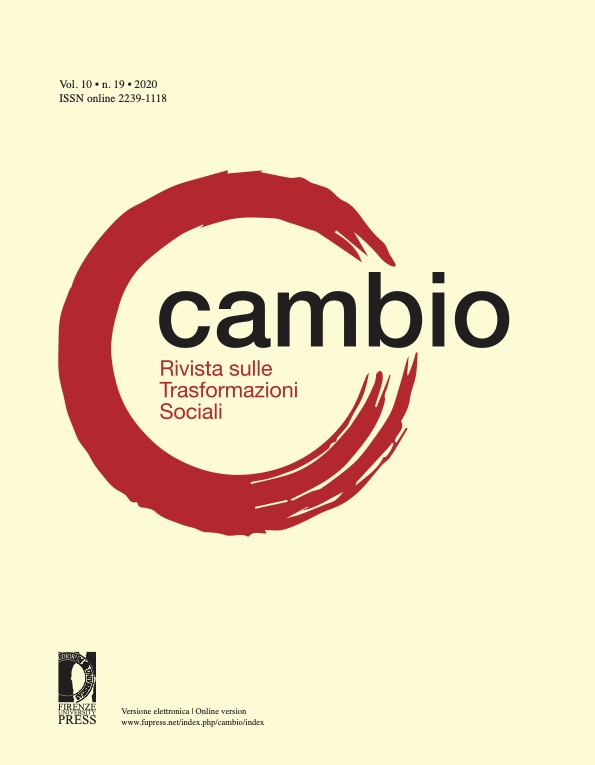Published 2020-10-15
Keywords
- Development,
- Microcredit,
- Solidarity Finance,
- Relationship Banking,
- Public Policies
How to Cite
Abstract
Under favorable conditions, credit can improve the quality of life by financing essential assets and services, such as housing and education, also by fostering entrepreneurship. Although finance inclusion can widen social and economic opportunities, the successful usage of microcredit depends on the costs (rates of interests) and on the methodology applied to grant credit. Hence, through a bibliographic review, the paper presents a comparative analysis of three remarkable experiences on microfinance. Firstly, the Brazilian Community Development Banks (CDB), inspired by the Grameen Bank and devoted to reaching the poor of the poor. Secondly, the programs applied by some Public Development Banks (PDB) in Brazil to foster entrepreneurship through microcredit. Third, the Italian Credit Cooperatives (BCC - Banche di Credito Cooperativo), essential in the provision of credit for small enterprises and households. Despite their peculiarities, there are some similarities in their governance and methodologies applied to grant credit. The local dimension, the relationship lending to capture soft information for risk analysis, and the purpose of serving the community providing financial services instead of generating and distributing profits are standard features. These experiences could inspire a proposal for microfinance expansion, based on the ground principles of mutuality, solidarity, cooperation, and localism.


